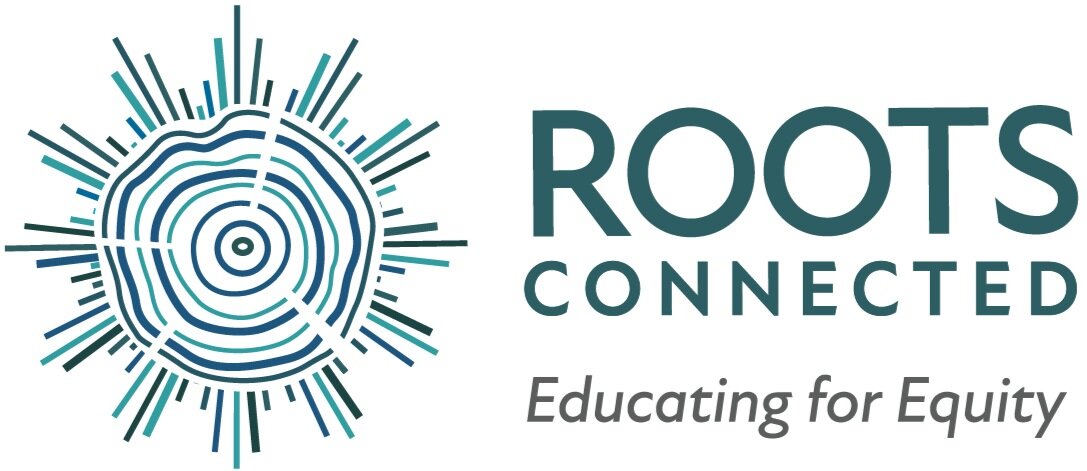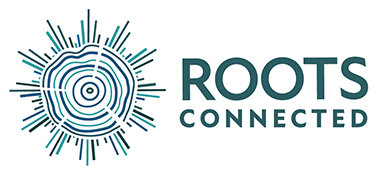A Tool For Addressing Moments of Harm With Our Kids
As parents and caregivers, we are constantly in a mode of learning and unlearning. However, there are always moments when we may be stuck, unsure of what to do next. Have you ever found yourself in a moment with your child when you hear a hateful and harmful comment and immediately wonder, “What am I supposed to do right now?”
There is no one right way to prepare for conversations like that, but the 4 Points below could be a helpful place to start.
4 points to remember when addressing moments of harm with kids.
Depending on the situation Interrupt and/or Investigate are great places to start …
Interrupt
When something harmful has been said, it is important to interrupt. When we interrupt we are sure to name what was said - was it racist? a stereotype? Name it and be clear that it isn’t ok. Perhaps the exact moment isn’t the best time to dive into the conversation, but you can still speak up at that moment, and identify for the child that there was something harmful said. That might look like:
This is something we need to talk about.
It makes me feel _____ when you say ____.
That’s not true - all _______ aren’t _________.
Let’s come back to that. It’s important, and I want some time to think about it.
Then let them know that it’s important to come back to this conversation and make certain to make time to do it.
If you do say something and want to have the conversation with your child, but they say “I didn’t mean it” or “never mind” or “don’t worry about it” - let them know that it’s ok to talk about it and encourage them to engage in the conversation. This can sound like…
“I hear that you didn’t mean it, but it’s still important for us to talk about.”
“What you said/heard/saw is too important to ignore.”
Investigate
When we Investigate we simply ask “can you tell me more about that” or start with a question. This is useful in moments when our children have experiences or ask questions that could use our support. Investigating can sound like:
What do you mean when you say that?
Why do you feel that way?
How do you think that makes that person feel?
Where have you heard that before?
What makes you think that?
How do you know?
What do you see that makes you say that?
Naming the incident and taking time to understand how it came to be, opens room to Teach and Take Action.
Teach
Teach can be tricky. Something we hear often is that the reason why many people avoid these conversations with kids is that they don’t feel equipped to explain WHY that comment/action wasn’t okay. So while it may require some learning on your end, also remember you don’t have to have all of the answers or perfect things to say. This is an opportunity to educate your child about the history of racist words, share your family's values, and communicate how hurtful the words that were used are. Learning more about the incident is an opportunity to build empathy and talk about the impact on others. We can teach our children that they have the power to make different choices and talk through what can be done differently next time.
That is making fun of _______ because _____.
I’m realizing that there’s so much more that I need to learn about ______. Let’s learn more together.
Take Action
Lastly, Action is an opportunity to make strategies of resistance and action a part of that conversation. Was there harm done? Action could be an apology or acknowledgment of wrong and a commitment to not do it again. What else needs to be done to make the situation better? What more do you or your child need to learn? What else is important for your child to know? Don’t worry about wrapping it up neatly because these conversations can be messy - you can try something like, “I’m so glad that we were able to talk about this. This is so important for us to keep talking about.”
For another example of taking action, and moving an apology one step further with learning and accountability, watch this video below. It is a clip from our workshop ‘Talking About Race and Racism With my Kids’ - a foundational workshop we offer to all parents, caregivers, and educators to be viewed on our website at any time.
Want to Learn More?
If you’d like to learn more about this 4-point tool, watch the full workshop , discuss real events with other families and our incredible facilitators, and more: be sure to check out our family support page.


